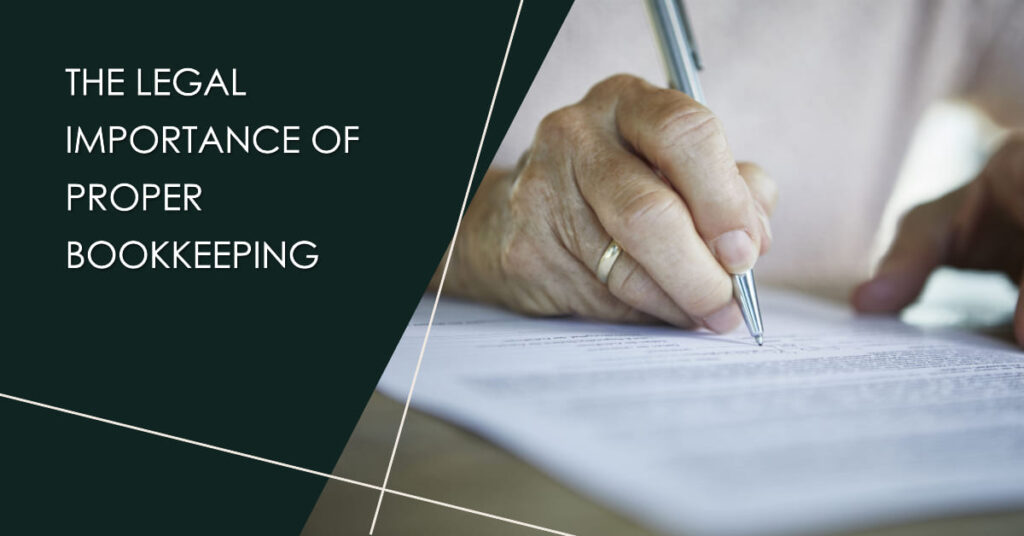Introduction: Can bookkeeper do bank reconciliation ?
In the realm of financial management, accurate record-keeping is paramount. One of the cornerstone tasks in this domain is bank reconciliation, a process that involves comparing a company’s financial records with its bank statements to ensure consistency and accuracy. “Can bookkeeper do bank reconciliation?” is a question often raised in this context. While the task might seem complex, it is a fundamental responsibility of bookkeepers, who play a pivotal role in maintaining an organization’s financial integrity.
Understanding Bank Reconciliation : Can bookkeeper do bank reconciliation ?
Bank reconciliation is the process of comparing and aligning an entity’s financial records with those presented in its bank statements. “Can bookkeeper do bank reconciliation?” is a question often asked, highlighting the importance of this task. This reconciliation is vital because discrepancies can arise due to timing differences, errors, omitted transactions, bank fees, interest income, and more. The primary goal is to identify and resolve any inconsistencies, ensuring that the company’s financial records accurately reflect its financial standing.
The Role of Bookkeepers: Can bookkeeper do bank reconciliation ?
Bookkeepers are financial professionals responsible for recording and maintaining an organization’s financial transactions. They serve as the bridge between daily operations and financial records. Bank reconciliation is a natural extension of their responsibilities, as they have a granular understanding of the financial activities within the organization.
Steps Involved in Bank Reconciliation
- Gathering Statements: Bookkeepers start by collecting both the company’s bank statements and the corresponding accounting records for a given period.
- Comparing Transactions: Each transaction in the accounting records is meticulously compared with its counterpart on the bank statement. This includes checks, deposits, withdrawals, fees, and more.
- Identifying Discrepancies: Discrepancies between the two sets of records are noted and investigated. Bookkeepers delve into the reasons behind these discrepancies, which can range from timing differences to errors in recording.
- Making Adjustments: Necessary adjustments are made to the accounting records to match the bank statement. These adjustments might involve adding missed transactions, rectifying errors, or eliminating duplicate entries.
- Reconciling Balances: The bookkeeper ensures that the closing balance in the accounting records aligns with the closing balance on the bank statement after all adjustments have been incorporated.
- Documentation: The bookkeeper documents the reconciliation process, including any adjustments made and their explanations. This documentation serves as a valuable resource for audits and future reference.
- Reporting: A reconciled bank statement is presented to the management, highlighting resolved discrepancies and adjustments.
Importance of Bank Reconciliation
Bank reconciliation serves multiple crucial purposes for an organization:
- Accuracy: It guarantees that the financial records are precise and reflect the true financial position of the company.
- Detection of Errors and Fraud: Reconciliation helps detect errors in recording, whether they’re unintentional mistakes or fraudulent activities.
- Financial Decision-Making: Accurate financial records are essential for making informed business decisions and setting future strategies.
- Audit Preparedness: Properly documented bank reconciliation is invaluable during audits, as it provides transparency and accountability.
Complexity and Adaptation : Can bookkeeper do bank reconciliation ?
The complexity of bank reconciliation can vary based on factors such as the organization’s size, transaction volume, and financial intricacies. Can bookkeeper do bank reconciliation? This question often arises. While bookkeepers handle this task in many organizations, larger enterprises might assign more complex reconciliation tasks to accountants or financial analysts who possess advanced financial expertise.
Conclusion : Can bookkeeper do bank reconciliation ?
Bank reconciliation is a linchpin of financial accuracy and accountability. Can bookkeeper do bank reconciliation? This question often arises. Bookkeepers, with their comprehensive knowledge of an organization’s financial activities, are ideally positioned to undertake this task. Their attention to detail, understanding of transactions, and commitment to accuracy make them the unsung heroes who ensure that financial records remain a true reflection of a company’s economic health. In a world where financial transparency is non-negotiable, the role of bookkeepers in bank reconciliation cannot be overstated.


